"Structured writing" for artists - How to write funding applications in the cultural sector
4 weekly sessions of 2 hours each // Online via Zoom
Timing
* The next round of the workshop will begin on:
September 14th, 2022 (Wednesday), 18:00-20:00 (CET)
and will repeat every Wednesday on the following dates:
September 21st
September 28th
October 5th
Registration
* In order to register, please fill in the following form.
We will send you an invoice.
Tuition
The tuition is 150€ + 21% VAT.
The tuition can be paid in two instalments, one at registration and one before the start of the workshop.
In case of any questions, please do not hesitate to email us.
The Workshop
Session 1
Introduction, the right mindset, guidelines for thinking and writing in a structured way, project plan (WHAT, WHY)
Session 2
Feedback on Assignment Project Plan (WHAT, WHY), notes on writing the Project Plan (HOW)
Session 3
Feedback on Assignment Project Plan (HOW), notes on writing Communication Plan+Time Planning+Budget
Session 4
Feedback on Communication+Time Planning+Budget, closing tips
Introduction, the right mindset, guidelines for thinking and writing in a structured way, project plan (WHAT, WHY)
Session 2
Feedback on Assignment Project Plan (WHAT, WHY), notes on writing the Project Plan (HOW)
Session 3
Feedback on Assignment Project Plan (HOW), notes on writing Communication Plan+Time Planning+Budget
Session 4
Feedback on Communication+Time Planning+Budget, closing tips
For Whom is it?
- Recent graduates (or soon to be graduates) of a (Dutch) art or design academy.
- Artists, architects and designers with a range of experience with funding applications (from no experience to a lot) – as long as you are wondering “there must be something that I don’t do right.”
- Especially non-EU citizens who are obviously in a more vulnerable position, both because of unfamiliarity with the professional environment and the dependence of their "right to stay" on their practice being confirmed by the local cultural sector.
The main tutor will be: Alireza Abbasy, PhD in Technology Management from Delft University of Technology, and MA in Fine Arts from AKV St. Joost, curator, writer, co-founder and editor of Sarmad Platform.
Why Are We Doing This Workshop?
We decided to initiate this workshop because of our familiarity with conditions of precarity, and navigating a space that sometimes lacks transparency. We have come to realise that forming networks of sharing knowledge is a way to work around the ways in which access and visibility (in the case of cultural sector) are distributed. We notice that the subject is mostly missing in the curricula of art and design schools, and as a result young practitioners will have to learn through trial and error; which could proceed to more potential precarity and disappointment. This, in the case of persons in more vulnerable states (for instance vulnerable citizenship status), could create more serious consequences. So creating a space to structurally share this practice, knowledge, and information in an in-depth manner, is the intention of this workshop.
What is it exactly?
This is a workshop on structured writing (and thinking) in the context of funding (grant) applications in the cultural sector. In other words, this is a workshop for developing a set of skills, essential for translating your ideas and practice, as an artist/architect/designer/art collective, into a concrete funding application. We go through the different elements of a funding application and give you the essential information about how to go about writing each element.
There is no magic or secret formula for writing a funding application. We cannot guarantee (nobody can) that after this workshop, your funding applications are going to be granted. A negative decision is part of applying for a fund/grant and it can be due to many different reasons. However, if you take the workshop and the assignments seriously, your chances of writing a successful application will be considerably improved.
Writing Assignments
It does not matter how much information, hints and techniques we share with you unless you put them into practice by actually writing. That is why writing assignments are crucial to this workshop.
You bring your own project (idea for a project) to the table, and through the different assignments, you will write the different parts of a (hypothetical) application. In the next session, you will get written feedback on your assignment for the week.
Please note:
In order to make the most out of this workshop, you would need to have some time every week to spend on the assignment of the week. Think about it like, I have to write 2-3 pages of text each week. If you don’t have the time, maybe it’d be wiser to wait until you do have the time to spend on the writing and then take the workshop.
Date: May 2020
Location: Online
For: Master Interior Architecture: Research and Design (graduation)
A workshop was with second year MA students of Master Interior Architecture: Research + Design (MIARD) to discuss various ways of making projects public. It discussed various media and techniques of making works public especially in the context of the covid crisis and the registers it prioritised.

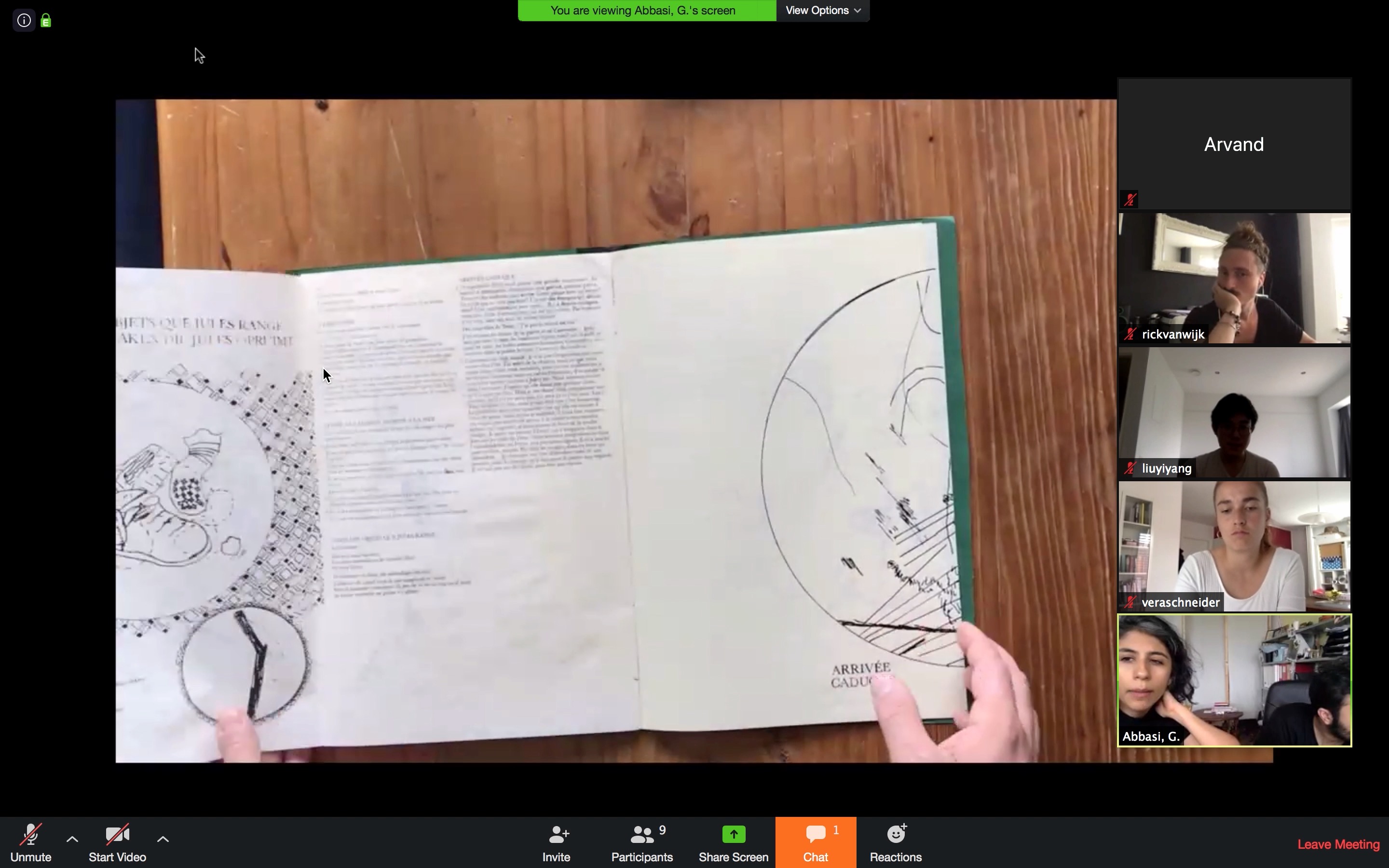
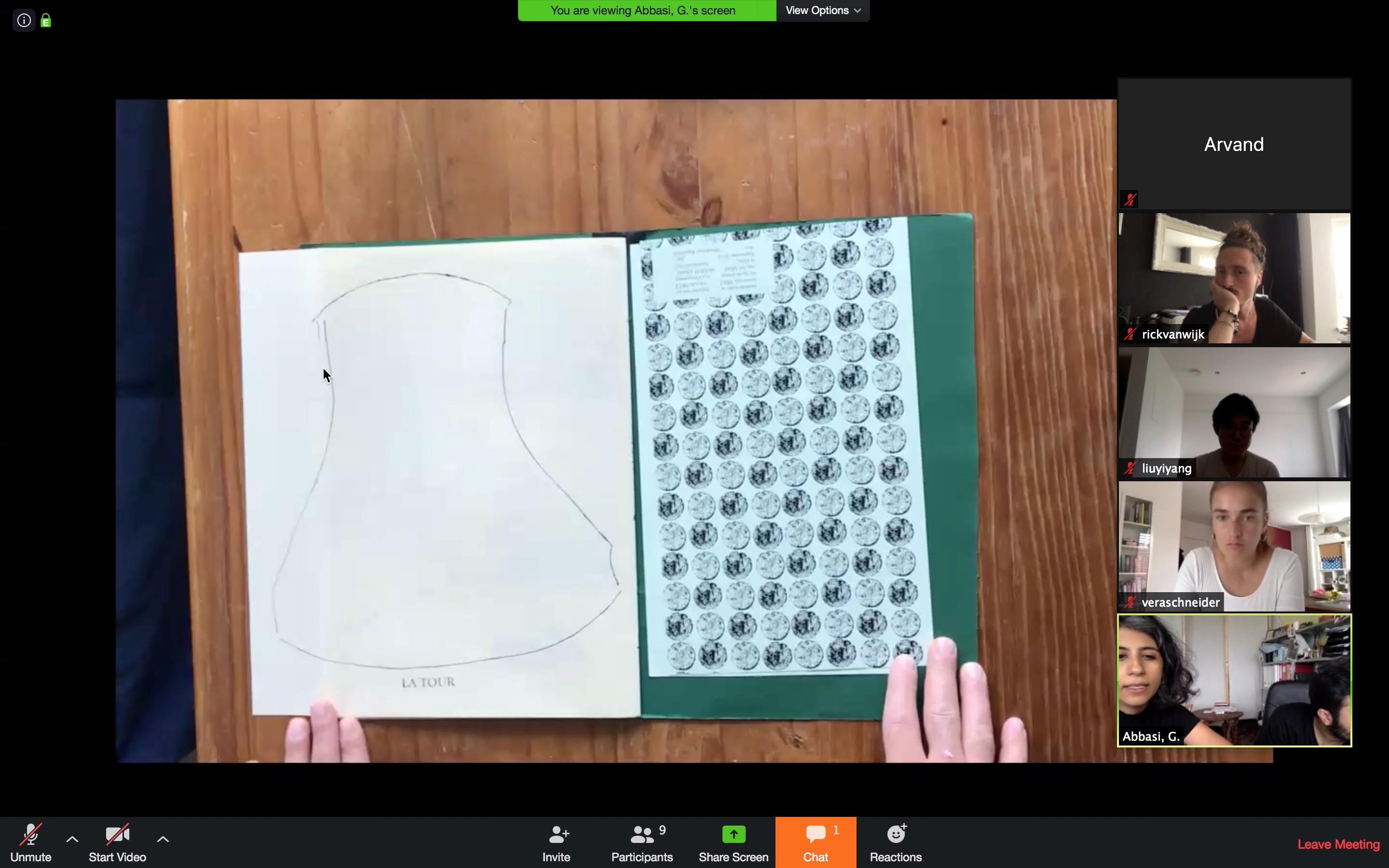

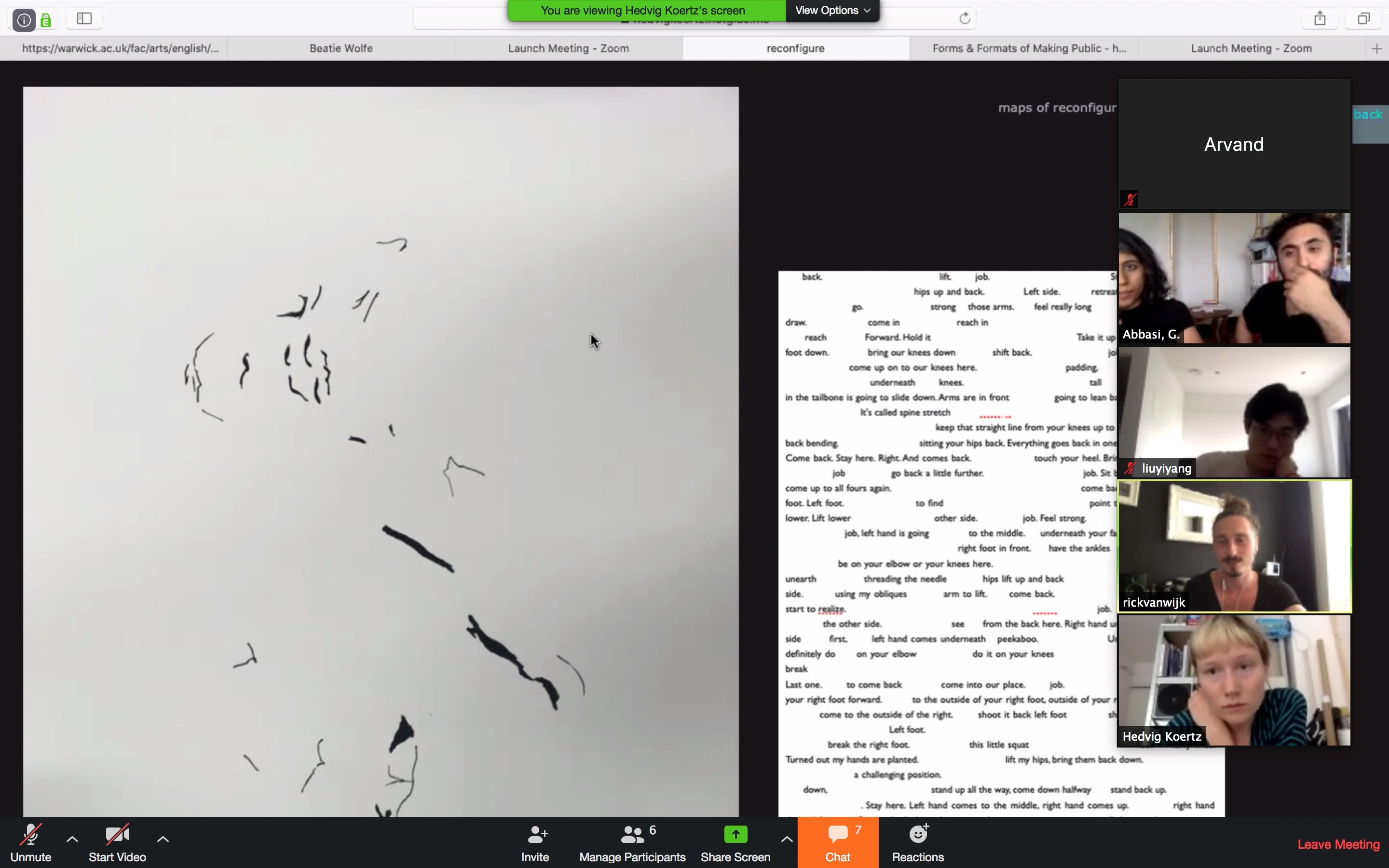
Date: April 23rd, 2019
Location: Stad in de Maak, Rotterdam
For: Film and Photographic Studies (MA), Leiden University
A one-day seminar on Normativity and Othering in research practices for MA students in Film and Photographic Studies, together with assistant professor Ali Shobeiri at Leiden university.
The seminar takes on alternating practices and research methods in visual production. Here, discussions were focused on developing and problematising conventional methods in visual practice with a critical eye using the book Strange Encounters by Sarah Ahmed as a starting point – whereby notions of normativity, encounter, estrangement, and othering were discussed.
The seminar took place at Stokerij (Stad in de Maak) as to extend such sessions of collective thinking outside of the university spaces, so to begin to introduce a sense of autonomy into such discussions as well.
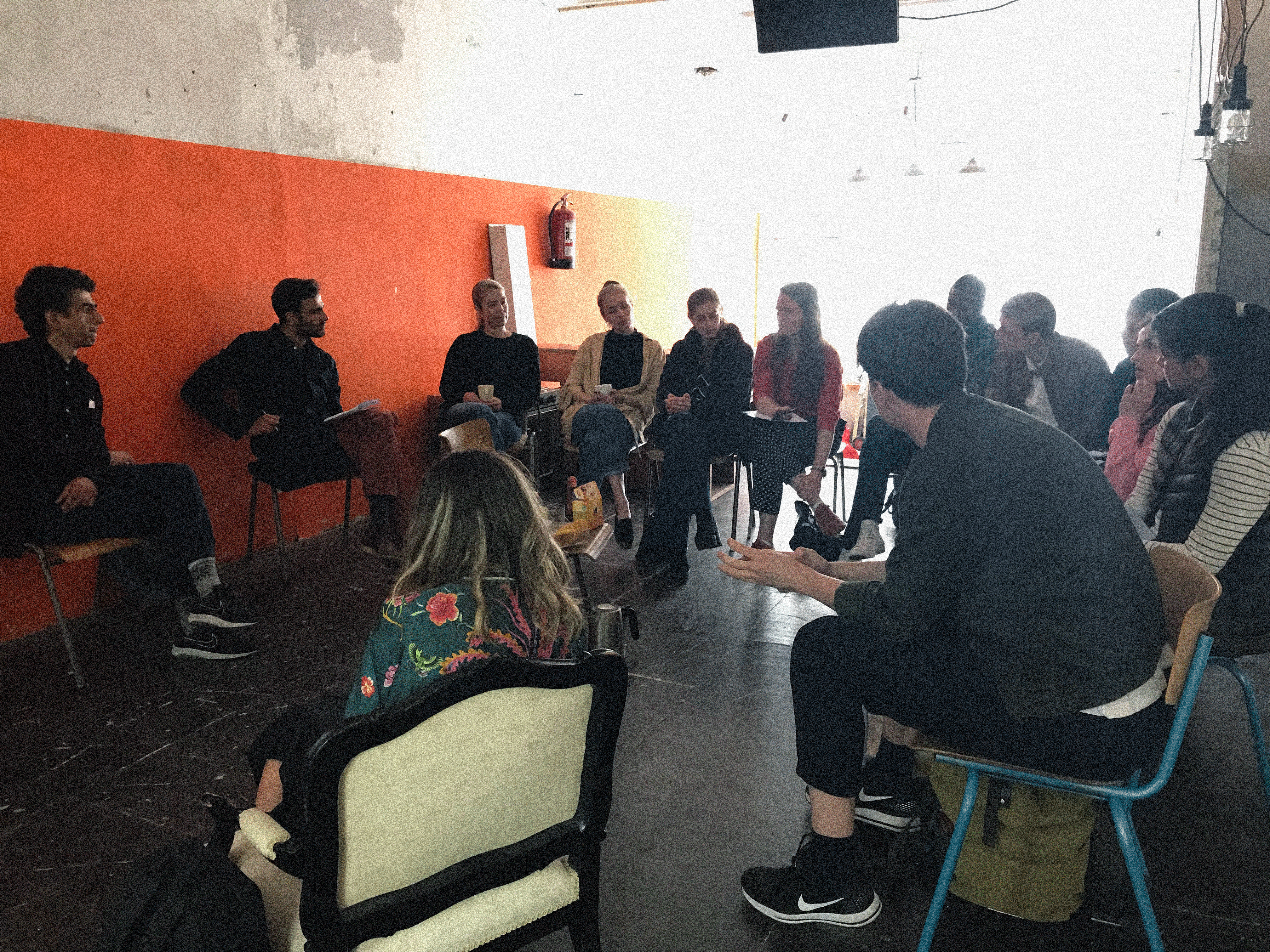
Date: April 30th, 2019
Location: TENT Rotterdam
For: Arts, Media, and Society (BA), Leiden University
A one-day seminar and hands-on workshop on alternating photographic methods and the coloniality of photography (industry). The workshop is organised for BA students in the course of Arts, Media, and Society, together with assistant professor Ali Shobeiri, Leiden University.
The seminar discussed the principle of camera obscura in an experimental format, as simply the only basic principle of photography / photographic devices. And in this way, necessitate a re-conceptulisation of the practice that breaks from disciplinary, economic, or political conventions.
The workshop took place at TENT Rotterdam.
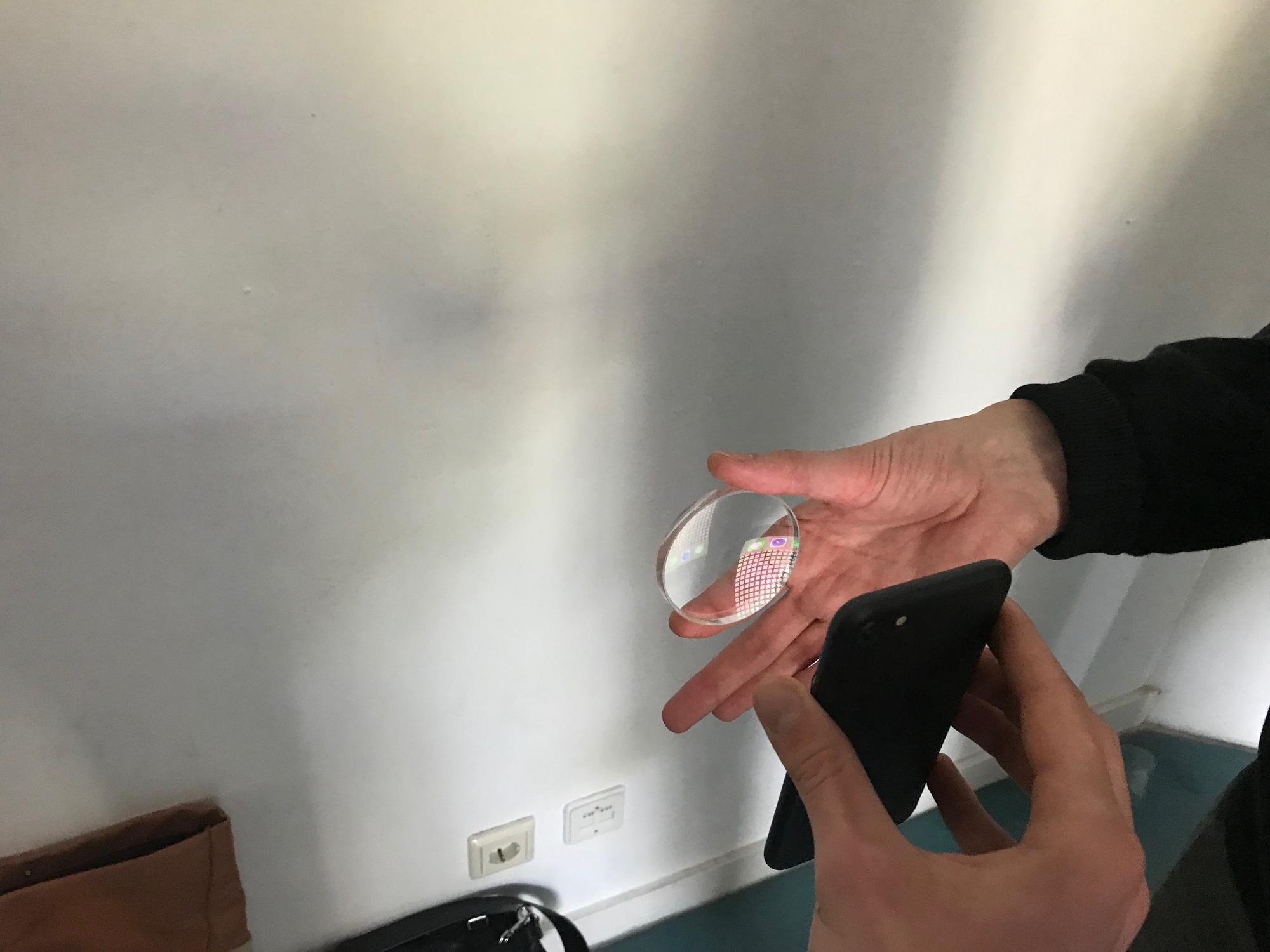

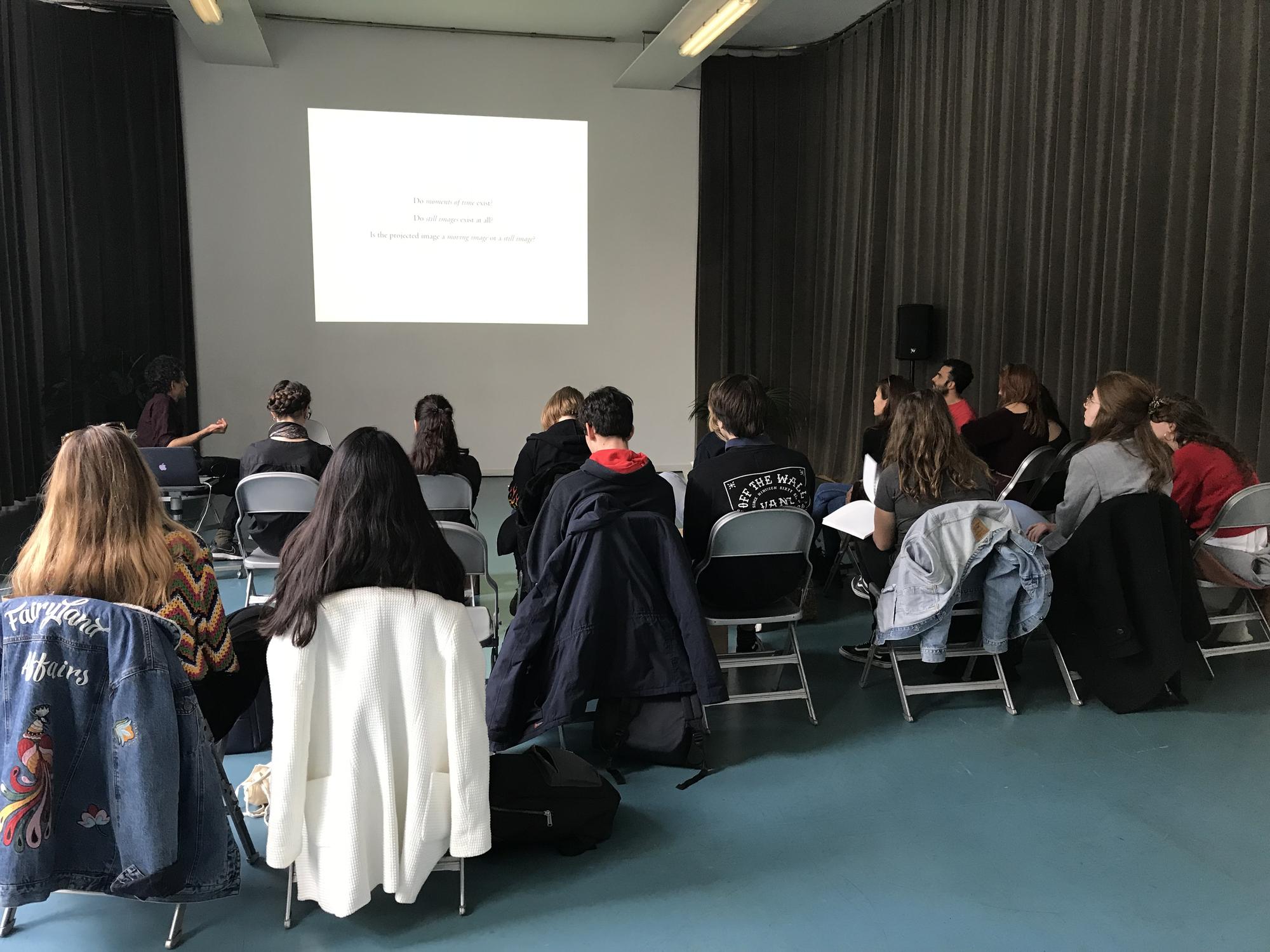
Date: 1st of May, 2018
Location: Faculty of Architecture and the Built Environment, TU Delft
For: Architecture and the Built Environment, MSc, TU Delft
A workshop to encourage studnts to see ‘image making’ beyond ‘still’ images produced by a manufactured camera. Given that the ‘photographic image’ is essentially the image projected inside a camera (an optical device), it becomes obvious that the ‘photographic image’ is always a ‘moving’ image. However, our ‘registration’ of it is always ‘still’. Students were given the equipment to build (simple) optical devices and to experience the projected photographic image.


